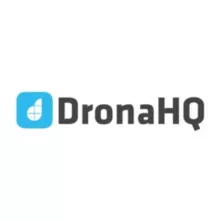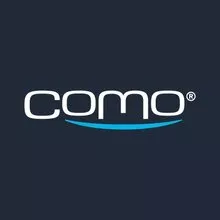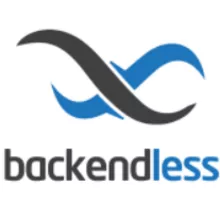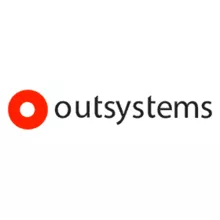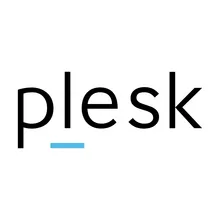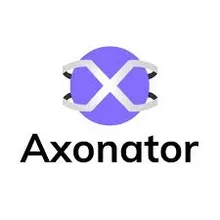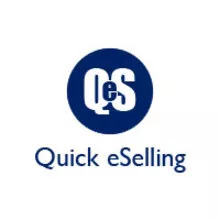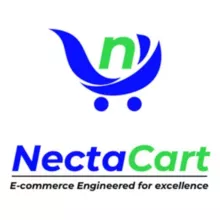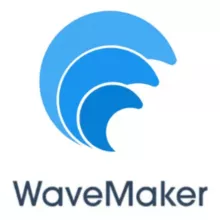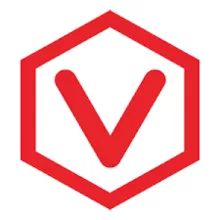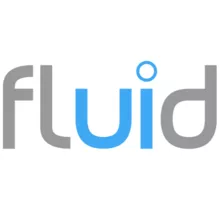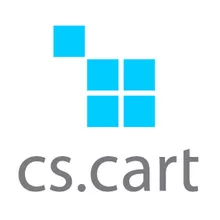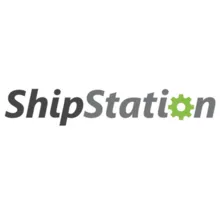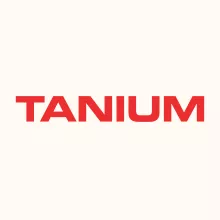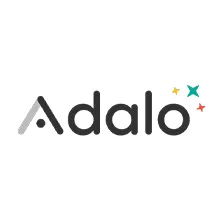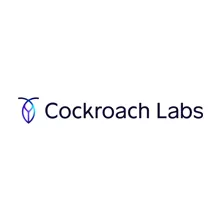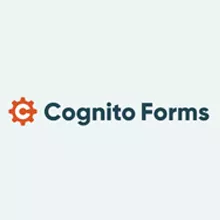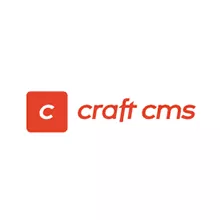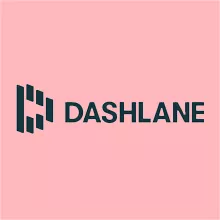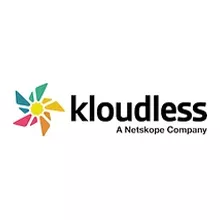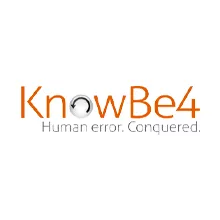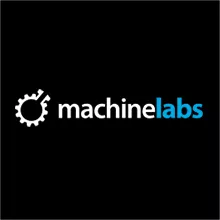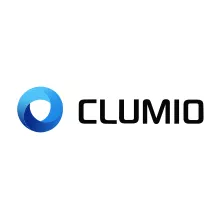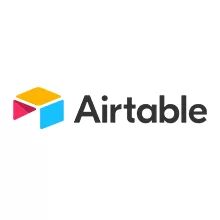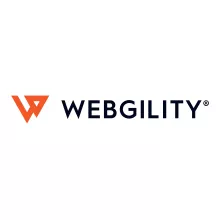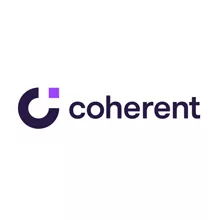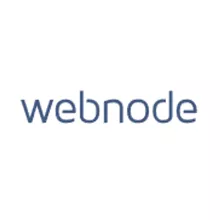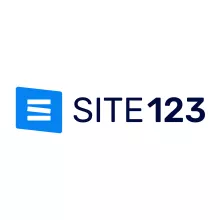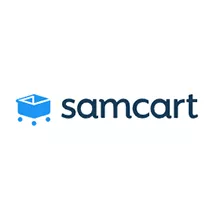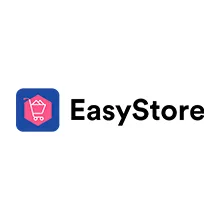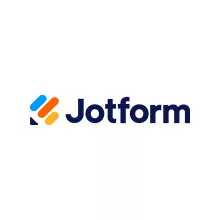Internal app builder with low code
Application Lifecycle Management (ALM) Software: Overview
Application Lifecycle Management (ALM) enables developers to track and schedule software and application development collaboratively from initial conception to retirement. By offering a consistent environment for software development, ALM technologies assist with governance, design, development, testing, deployment, and maintenance. ALM software is helpful for boosting efficiency and assuring quality since it centralizes the personnel, procedures, and resources used in application and software development.
ALM Software supports development processes and continuous delivery by managing system requirements, automating code testing, and deploying application updates. A few of the numerous observability and traceability tools that ALM technologies provide are software performance, progress monitoring, and graphical reporting. These provide seamless product management throughout all application development and DevOps process stages. Virtually every business that requires effective application development solutions can find a suitable offering thanks to the versatility of ALM tools. Finally, integrated communication channels are a common feature of ALM applications, enabling colleagues to exchange data and information swiftly.
ALM Software is a platform that includes elements of Requirements Management Software, Project Management Software, Quality Management Software, and Bug Tracking Software. The trend of ALM Tools to concentrate on ways for developers to collaborate via integrated communication channels and quick data sharing is the most apparent ALM differentiator. By offering a central platform for the management of these processes, ALM tools also assist in facilitating the creation, feedback, and deployment parts of DevOps Software.
Important factors to keep in mind while buying Application Lifecycle Management (ALM) Software:
- Team size for development: Even though ALM Tools are beneficial for teams of all sizes, some of their offerings cater more to larger groups than to smaller ones. On some platforms, a thousand people can be active at once. This is crucial because the number of users often affects the cost of the product, and you'll want to ensure that the ALM solution is strong enough to serve the complete development team without straining your budget.
- Plans for application development: Which ALM Tools are best for you will depend on your current and future development ambitions. Helix ALM offers an individual module license if you require a new tool in the middle of development or if you only need a few modules rather than the entire suite. Polarion features reusable code and data approaches to facilitate application branching if you require a solution that enables you to create multiple products simultaneously.
- Version management: As it might offer priceless backup data, keeping a history of application and software updates is crucial for the security of your product. Version control is frequently required for no reason other than to preserve legal and SLA compliance. As a result, you should ensure that your ALM solution makes this process simple for you. Rocket Aldon automates the creation of a build and packaging inventory, simplifying version control and archiving.
- Support for legacy applications: Make sure your tool permits you to support earlier versions if you plan to switch development tools or processes. This may be crucial for sectors that deal with consumers and frequently encounter people utilizing outdated software or applications. Legacy management systems can be linked through OneOps.

